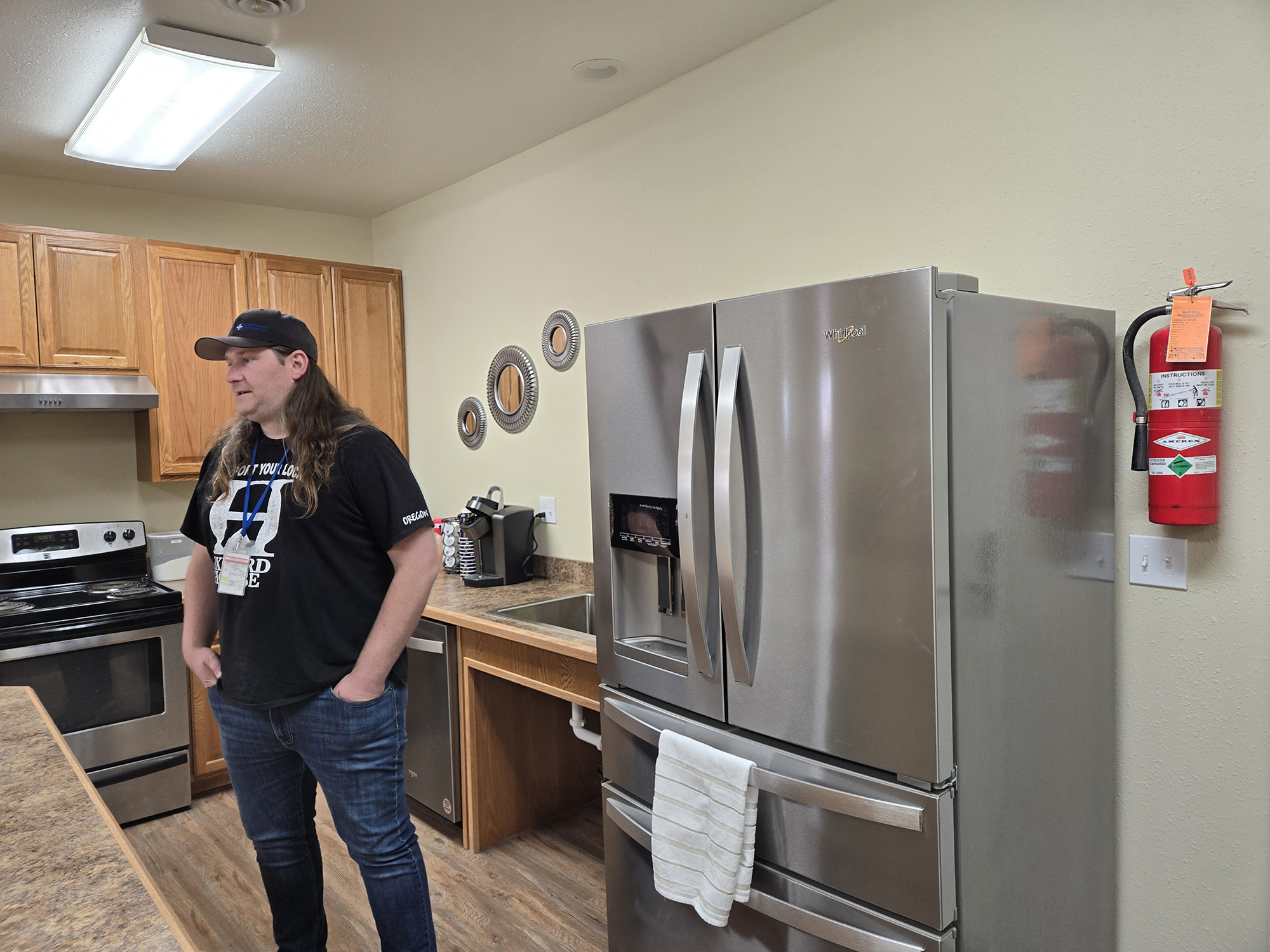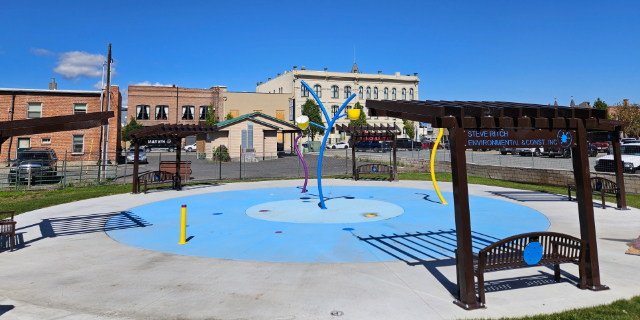EDITORIAL: Forest Service should improve Marble Creek Pass Road
Published 8:19 am Monday, February 26, 2024

- The Marble Creek Pass Road through the Baker City watershed is a rough route littered with boulders and ruts.
The southern half of the 24-mile Elkhorn Crest National Recreation Trail is one of the finer, and certainly among the more scenic, mountain paths in Oregon.
But getting to the trail can be a bit of an ordeal.
If you don’t own a high-clearance four-wheel drive or an all-terrain vehicle, and are either not willing or able to hike for three or four miles, you might not set foot on that part of the trail at all.
The road to the trailhead at Marble Creek Pass, elevation 7,542 feet, is rough on both the west (Sumpter) and east (Baker) sides of the pass. The route from Baker Valley, though closer to town, is particularly decrepit, in places more resembling a stream bed than a road.
The Wallowa-Whitman National Forest, as part of its long-needed effort to thin overcrowded forests in Baker City’s watershed and reduce the wildfire risk, also planned to rebuild about 6 miles of the road on the Baker side. Kendall Cikanek, then the ranger for the Whitman District (he has since been assigned to the team revising management plans for the three national forests in the Blue Mountains) said in October 2023 that the $1.3 million project was part of the watershed plan.
But in early February, a Wallowa-Whitman spokesman said the road work plan had been pared considerably.
Instead of improving the road to the pass, including spreading a layer of gravel, the Wallowa-Whitman will do only as much as is needed to use the road to haul logs. The road won’t be rebuilt to the pass.
The spokesman cited as the reason for the change the “public feedback” the Wallowa-Whitman received after unveiling the watershed project in July 2022.
That feedback was mixed, with some people supporting the proposed rebuilding of the road and others expressing concerns about the effects.
One of those concerns is that improving the road will result in more people driving on it, increasing the risk of wildfire and other threats to the city’s water supply. The road is the only open route through the watershed, which is otherwise closed to the public to protect water quality.
More people would drive to Marble Creek Pass if the road wasn’t so wretched. But the watershed itself would remain closed. And there’s no evidence to suggest that more vehicles inevitably equates to a greater risk to the streams and springs from which the city obtains our water.
Human-caused fires, for instance, are relatively rare locally, accounting for 11 of the 71 blazes on the Wallowa-Whitman National Forest in 2022, 25 of 69 in 2021 and 23 of 83 in 2020. And most of the human-caused fires are quite small — abandoned campfires, for instance. In 2021, human-caused fires burned 83 acres, and in 2020 just 12 acres.
Moreover, even the improvements that were initially planned would hardly have transformed the road into a highway. The steep grades and narrow width would continue to discourage many drivers.
Rebuilding the road would be a modest recognition that reasonable access to public land is supposed to be one tenet of the Forest Service’s multiple use credo. The Elkhorn Crest Trail traverses public land that ostensibly belongs to all of us. But when it’s difficult or impossible for many people to reach that land, their ownership is a meaningless concept.
Motorized access to the east side of the Elkhorns is already pretty restrictive. The roads up the Rock Creek and North Powder River canyons each lead to a pair of trails — Killamacue and Rock Creek lakes for the former, and Red Mountain and Summit lakes for the latter. But both roads are so rough — rougher than Marble Creek Pass — that relatively few people ever drive to any of those trailheads.
Given that, improving the Marble Creek Pass road would be a reasonable compromise, one that gives more people a chance to see one of Baker County’s most beautiful areas without interfering with what is by far the most important goal with the watershed project — protecting the city’s water supply.





